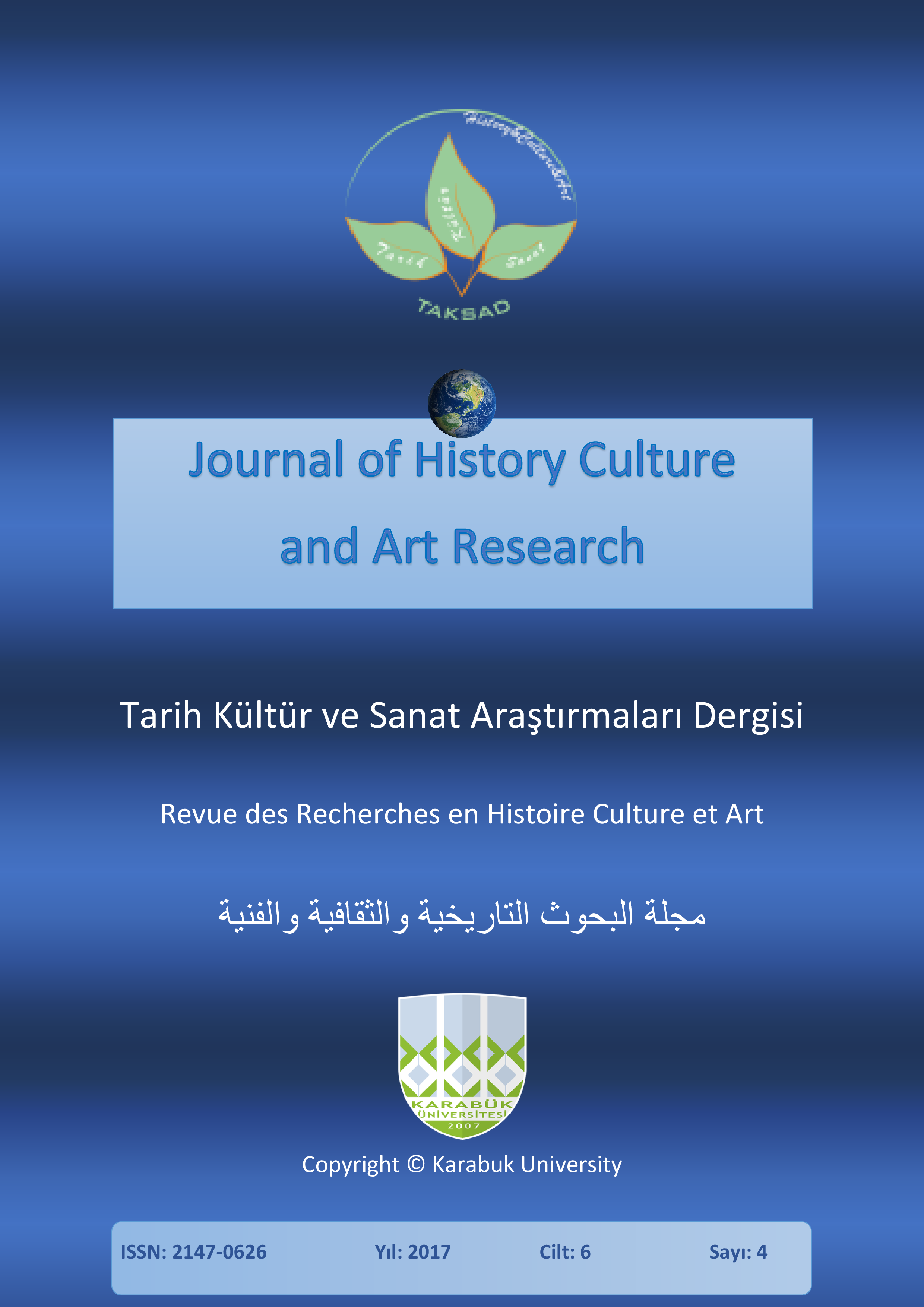Legal Status of Moskovia during 16-17th Centuries
DOI:
https://doi.org/10.7596/taksad.v6i4.1186Keywords:
Late Middle Ages, Early New Age, Early Modern State, Customary Law, Western Europe, Russia.Abstract
The authors of this article consider the development of the political, administrative and law spheres of the early modern Russian state against the backdrop of similar processes taking place in the neighboring states of Europe at this time. Analyzing the administrative and legal practices inherent in European states and in Russia of the late middle ages - early new age, the authors come to the conclusion that the notion of Muscovia, formed as a despotic state based on the absolute power of the Moscow tsars and the lack of rights of their subjects, is based on the subjective impressions of foreign observers. The latter, getting into the "closed" Moscow society, failed to understand the peculiarities of the Russian state power mechanisms functioning and their legal basis, based on traditions not recorded in written law. Having perceived the official Moscow political declarations as the real legal foundation, on which the early Russian state was built, foreign observers did not notice the everyday life behind this front façade, which had little in common with the officially proclaimed doctrine. The reality was to build a thin balance of interests between the supreme power and local government, based on the observance of "old traditions" by both sides. In this regard, the Russian state of the late middle ages - early new age can be considered a legal one, if we understand by "a law" not only the written law, but also the customary one.
References
Arakcheev, V. A. (2014). Power and land. The government policy concerning estates in Russia in the late XVI-early XVII centuries. Moscow: Depository of ancient manuscripts.
Berelowitch, A. (2001). La hierarchie des egaux. La noblesse russe d'Ancien Regime (XVI-XVII siecles). Paris: Editions Seuil.
Bovykin, V. V. (2012). Self-governance in the Russian state in the XVI century. Saint-Petersburg: Dmitri Bulanin.
Elliott, J. H. (1992). A Europe of Composite Monarchies. Past & Present, the Cultural and Political Construction of Europe, 137.
Fletcher, G. (1856). Of the Russian Common Wealth. Russia at the Close of the Sixteenth Century. London: The Hakluyt Society.
Henshall, N. (1992). The Myth of Absolutism. Change and Continuity in Early Modern European Monarchy. London and New York: Longman.
Kivelson, V. A. (1996). Autocracy in the Provinces. The Muscovite Gentry and Political Culture in the Seventeenth Century. Stanford: Stanford University Press.
Koenigsberger, H. G. (1978). Monarchies and Parliaments in Early Modern Europe Dominium Regale or Dominium Politicum et Regale. Theory and Society, 5(2).
Kollmann, N. S. (1999). By Honor Bound: State and Society in Early Modern Russia. Ithaka & London: Cornell University Press.
Kollmann, N. S. (2012). Crime and Punishment in Early Modern Russia. Cambridge: Cambridge University Press.
McKenney, R. (2002). Sixteenth Century Europe. Expansion and Conflict. London: Palgrave Macmillane.
Penskoy, V. V. (2015). Saint or "Erbfeind gantzer christenheit"? Ivan the Terrible and his era: character and reality. Research result. Social Studies and Humanities, 3(5).
Poe, М. (2002). The Truth about Muscovy. Kritika: Explorations in Russian and Eurasian History, 3(3).
Wolff, L. (1994). Inventing Eastern Europe. The Map of Civilization of the Mind of the Enlightenment. Stanford: Stanford University Press.
Downloads
How to Cite
Issue
Section
License
All papers licensed under Creative Commons 4.0 CC-BY.- Share — copy and redistribute the material in any medium or format
- Adapt — remix, transform, and build upon the material for any purpose, even commercially.
Under the following terms:
Attribution — You must give appropriate credit, provide a link to the license, and indicate if changes were made. You may do so in any reasonable manner, but not in any way that suggests the licensor endorses you or your use.
- No additional restrictions — You may not apply legal terms or technological measures that legally restrict others from doing anything the license permits.







